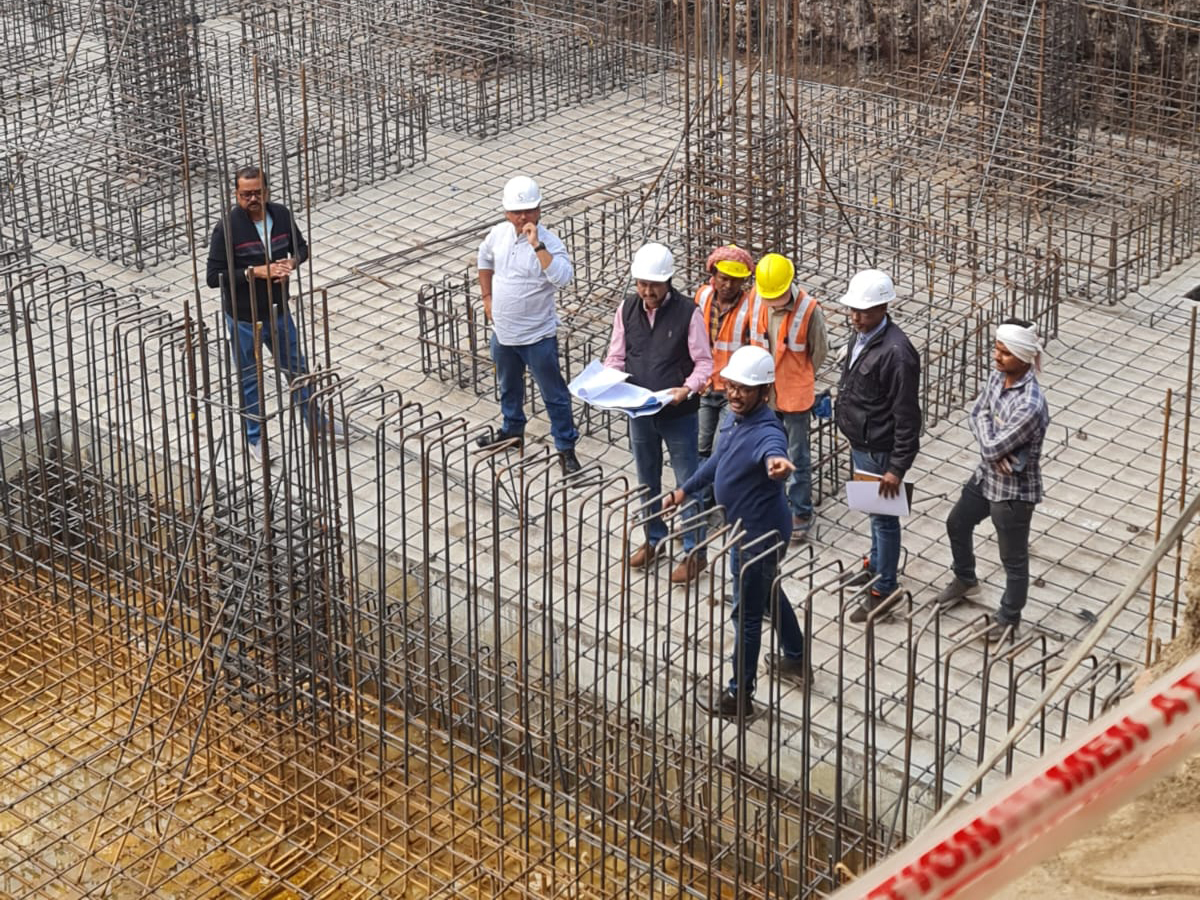
Masters in Project Management
M.Arch (project Management)
2- year full time Post Graduate Degree Program
Approved by Council of Architecture
Affiliated to University of Mumbai
Eligibility: B.Arch + MH CET/PGETA
Offered by University of Mumbai, it is a regular M. Arch. Postgraduate course in Project Management of four semesters duration open to students with B.Arch. / G.D. Arch recognized qualification. This course is designed to enhance the skills of architects interested or involved in Project Management.
Key Features
This course covers the University of Mumbai prescribed syllabus.
Not restricted to Construction Management, our course caters to the overall umbrella of Project Management, providing an understanding of the Core Principles of delivering complex, ambitious projects.
Highlights include:
- Regular Guest Lectures from Industry Stalwarts
- Coarse Input from Mentors actively involved in the Project Management Industry
- Site visits with practical and live case studies
- International study tours to provide global exposure.
Main Theme
∙ Principles of Management with Advanced Research Techniques
∙ Contract Regulation &Procedure
∙ Project Monitoring &Scheduling
∙ Human resources Management
Objectives
∙ To attain the fundamental understating of large–scale projects.
∙ To study vital and sustainable Project Management concepts and programmes.
∙ To develop successful strategies for the implementation of Project Management Techniques.
∙ To judge the performance of projects and processes.
∙ To work successfully with community, public, private institutions and individuals.
∙ To develop research skills and enhance knowledge in the field in innovative ways.
For more information about the course Project Management Brochure
For Admissions & Funding you can visit IES’s College of Architecture, Bandra or Email us at : coordinator.pm@ies.edu
Read More …
Introduction to Project Management
